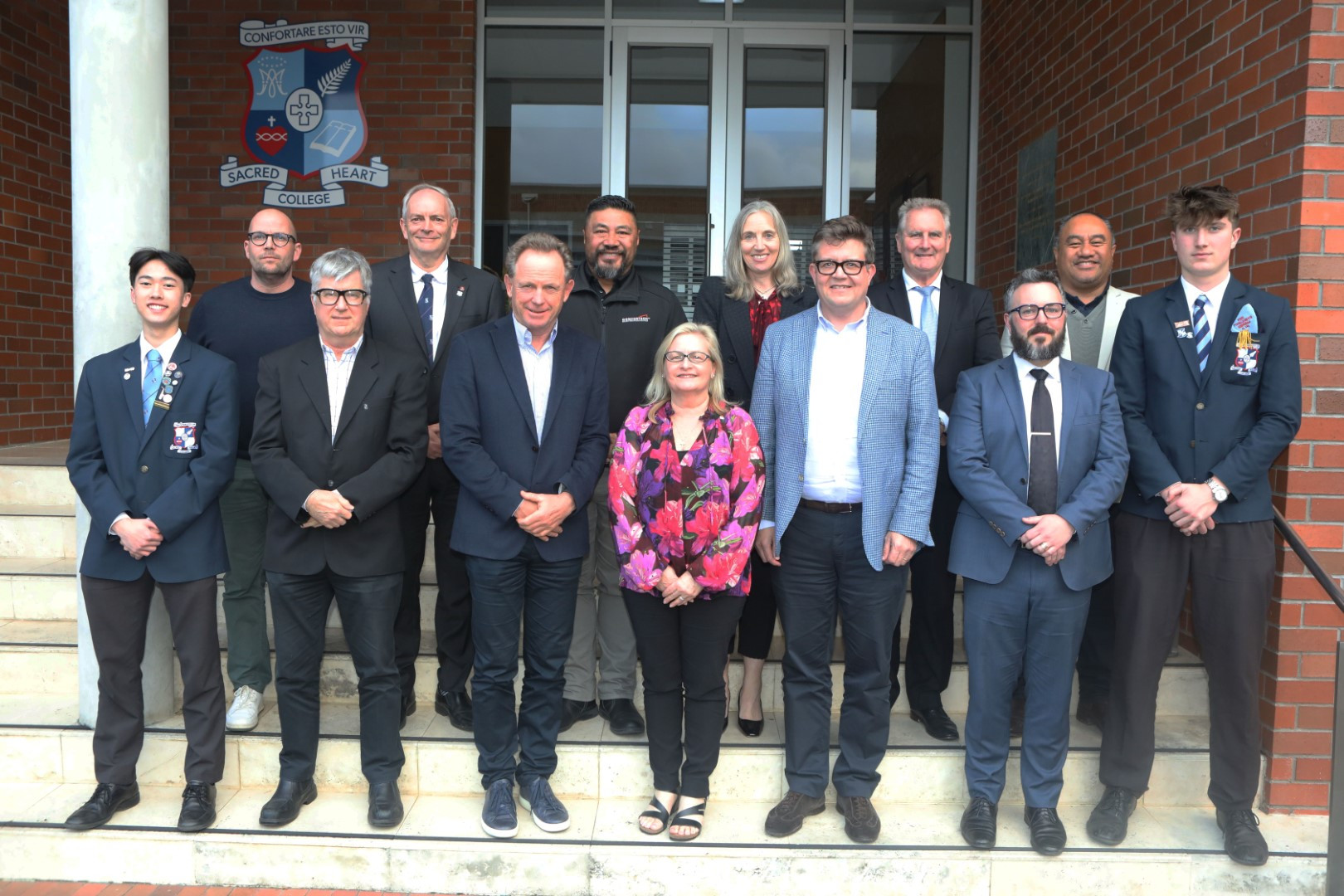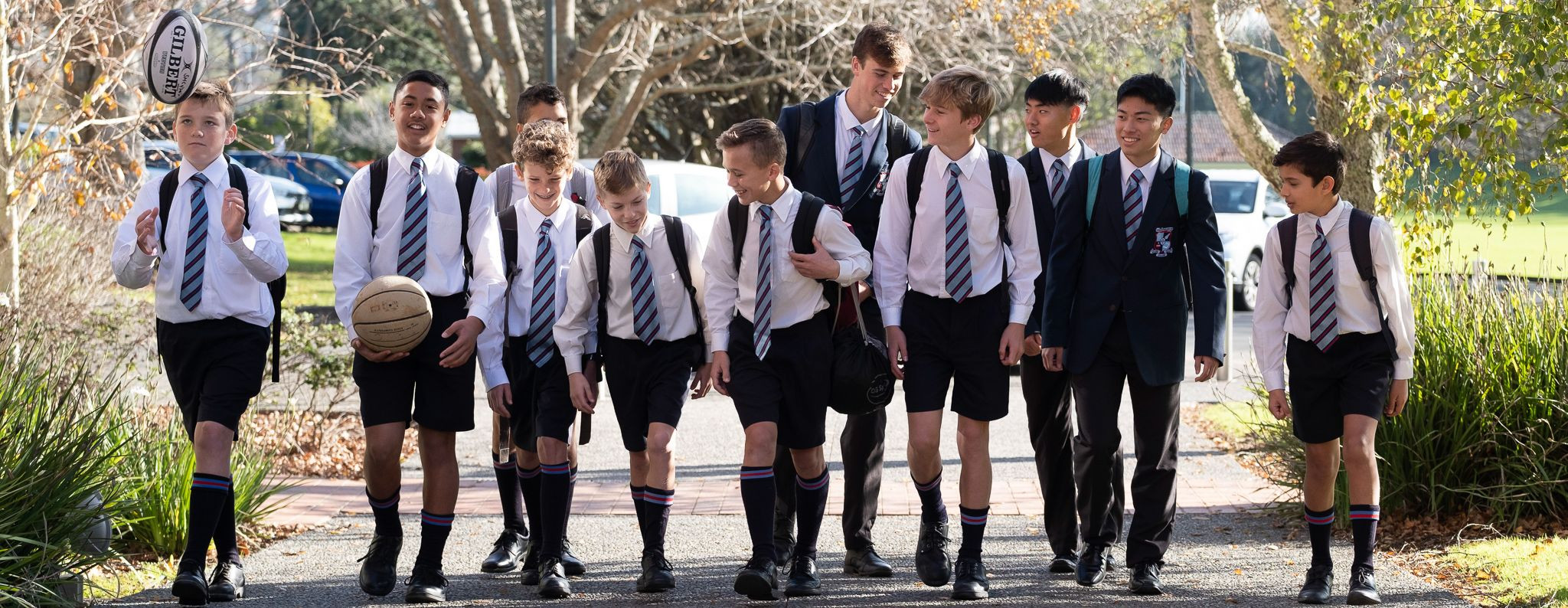The Education Review Office (ERO) is the New Zealand's government external evaluation agency that informs and facilitates improvement in schools and early childhood services. The Chief Review Officer formally designates individual review officers to carry out reviews in schools in accordance with the Education and Training Act (The Act) 2020. This Act gives the Chief Review Officer the power to initiate reviews, investigate, report and to publish findings on the provision of education to all young New Zealanders.
Here is a short explanation of the review process for New Zealand schools:
Te Ara Huarau is the evaluation approach that the Education Review Office (ERO) is using in our school. This is a developmental approach to evaluation where ERO and our school work together over time rather than one off review that happened previously. Te Ara Huarau is used in most English-medium state and state-integrated schools.
ERO maintains a regular review programme to evaluate and report on the education and care of young people in schools. Our school worked with ERO and contributed to writing our School Evaluation Report. The report reflects and informs our strategic priorities and direction for improvement in one or more areas that are important as we work together to improve outcomes for all of our students. ERO, like us, has a strong focus on equality and excellence. Future reporting will show our progress and achievement towards meeting the areas for improvement in this report. Public reports like the School Evaluation Report are published on ERO’s website.
A Board Assurance Report that shows how we are meeting regulatory and legislative requirements has also been published.
Included in our bundle of published reports is a Hostel and Provision for International Students report.
School Evaluation Report - 2024
For the full reports, please click on the links below:
For previous reports, please click on the links below:

